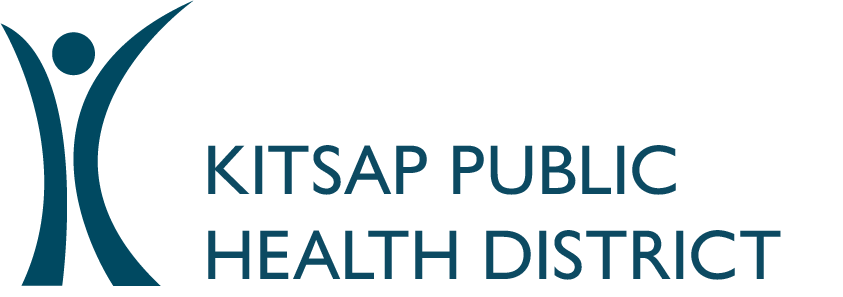
Our vision: A safe and healthy Kitsap County for all.
Eating healthy and being active are essential habits for staying healthy. We’ve collected resources to help you create healthy habits.
Eat Healthy
It's easy to feel overwhelmed by all the trends and buzzwords surrounding nutrition. But eating healthy doesn't have to be complicated or expensive.
By consistently choosing nutritious foods in moderate portions, you can build a healthy eating routine that works for you.
Here are resources to help you get started:

Food Assistance
Food is a major expense for all households and not everyone can afford the food they need. As of 2021, more than 22,200 Kitsap County residents experienced food insecurity, meaning there were times when they did not have access to enough food.
If you or someone you know needs help accessing healthy foods, here are resources that can help:
Supplemental Nutrition Assistance Program (SNAP)
The Supplemental Nutrition Assistance Program (SNAP) provides monthly food benefits to help people with lower incomes make ends meet. Some grocery stores and farmers markets offer matching programs that help SNAP participants save money when they buy healthy fruits and vegetables.
Other food assistance resources:
Active Living
Physical activity is one of the most important things we can do to stay healthy and prevent disease.
Even brief periods of physical activity can have immediate health benefits, such better sleep, reduced anxiety, and lower blood pressure. Regular physical activity can provide enormous long-term benefits, from reduced risk of dementia, to improved heart health, healthier weight, and lower disease risk.
The CDC recommends adults ages 18-64 engage in at least 2.5 hours of moderately intense physical activity each week, such as brisk walking, as well as two days with activities that strengthen muscles.

Physical activity is important for our general health and well-being.
Some immediate benefits include:
Improved sleep quality
Reduced feelings of anxiety
Reduced blood pressure
How to get moving
Take the Kitsap Moves pledge!
Employer toolkit
More active living resources
Data Dashboard
Using a mobile device? Switch to a computer or tap here to see view our interactive sampling results dashboard.








.png)
